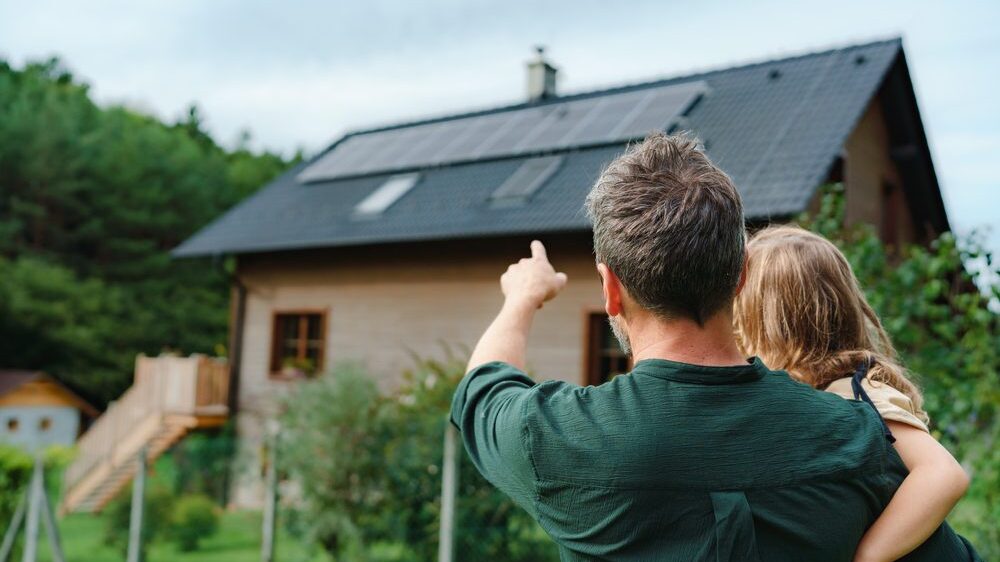
On the island of Gotland, which sits off Sweden’s east coast in the Baltic Sea, Swedish Armed Forces have prevented several citizens from installing solar panels on their property, citing security concerns for the kingdom.
Olof Thomsson, a resident of Östergarn, had planned to install solar panels on his property when he received a notice from the Armed Forces that told him that he would be unable to do so. “For the security of the Kingdom, [the installation of solar panels] can be an obstacle,” the letter he received from the Armed Forces said.
“At the end of March, I received a consultation response from the defense department where they told me no, [the installation of solar panels] is going to be disturbing, and they didn’t tell me why but that it’s for national security,” Thomsson said.
“You become a bit angry; here we’re trying to become self-sufficient in electricity production and that spreading out production ought to be good for national defense,” Thomsson told the state-run Sveriges Radio.
In statements given to the Swedish press, Swedish Armed Forces spokesman Anders Broberg explained the reasoning behind preventing the installation of solar panels in the area.
Solar cells can interfere with the operations of the Swedish defense forces, and because of this, a number of solar cell projects on Gotland are being halted, Broberg, who serves at the defense department strategy unit, said.
He added:
There has been an inquiry into what can disturb the capabilities of the armed forces, and that includes windmills, it includes railroads, electric roads, and it includes solar cells. And what causes a disturbance are two things: Reflections that affect among other things air traffic, and the second thing is the electronics involved in these solar cell installations.
Gotland has several areas of national interest—among them, Tofta firing range and Visby airport, but several other areas on the island are also secret.
Broberg continued,
It’s very difficult to explain to those who get a ‘no’ [to their application to install solar panels] because we don’t want to reveal that there’s a secret installation or radio transmitter in the vicinity. And of course, it can be a little frustrating for someone whose application is denied on one side of the road but our task is to try to say yes to those who are on the other side of the road.
According to Camilla Liljesköld, a representative from the Gotland region, Thomsson’s case is not an isolated one. Liljesköld told state-run media,
We have seen that there are a higher number of cases both when it comes to solar panels on roofs and stand-alone installations on the ground. We have legislation that we have to abide by. And then it can happen that, for example, solar panels constitute a threat to for example cultural values or, as in this case, the interests of the armed forces.
Patrick Dahl, head of operations for Energicentrum Gotland, the government-run umbrella organization responsible for the transition to an efficient and sustainable energy system, says that while he understands that national security is an overarching interest that overrides others, “Energy policy has become security policy, so somehow we have to come together and be able to move this forward.”
